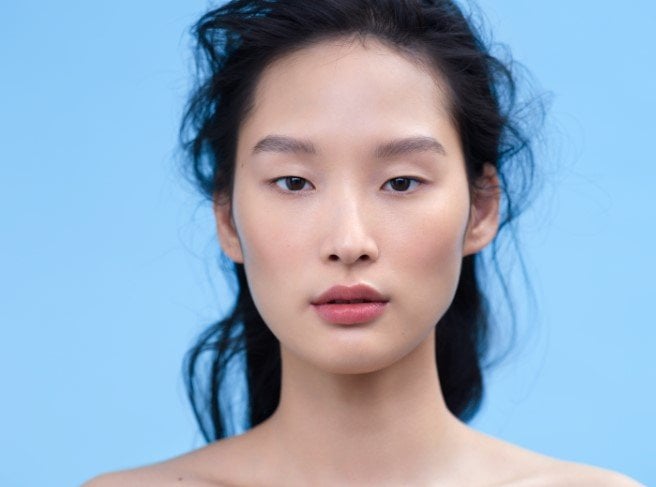ACNE BENEFITS FROM
A COMBINED APPROACH
Although acne is a partially genetic condition (yes, you can blame your parents to a certain extent!), the right lifestyle adjustments along with an effective daily skincare routine can help reduce mild cases of acne. Don’t worry, we’ll tell you everything you need to know.
In more severe cases, your dermatologist might advise you a combination of medication, and dermocosmetic solutions from the pharmacy once your acne-prone skin gets better. In all cases, the key to success is to stick to the treatment prescribed by your dermatologist, even if it doesn’t seem to work at first.
In this section, we’ll decode oily skin and acne, including hormonal acne, as well as reveal some of the lesser known acne triggers: Stress, UV and pollution. You will also find plenty of tips on how to care for your oily complexion (we’ll even tell you how to prevent spots before a big event) and how to take lasting action to help clear your acne-prone skin.





